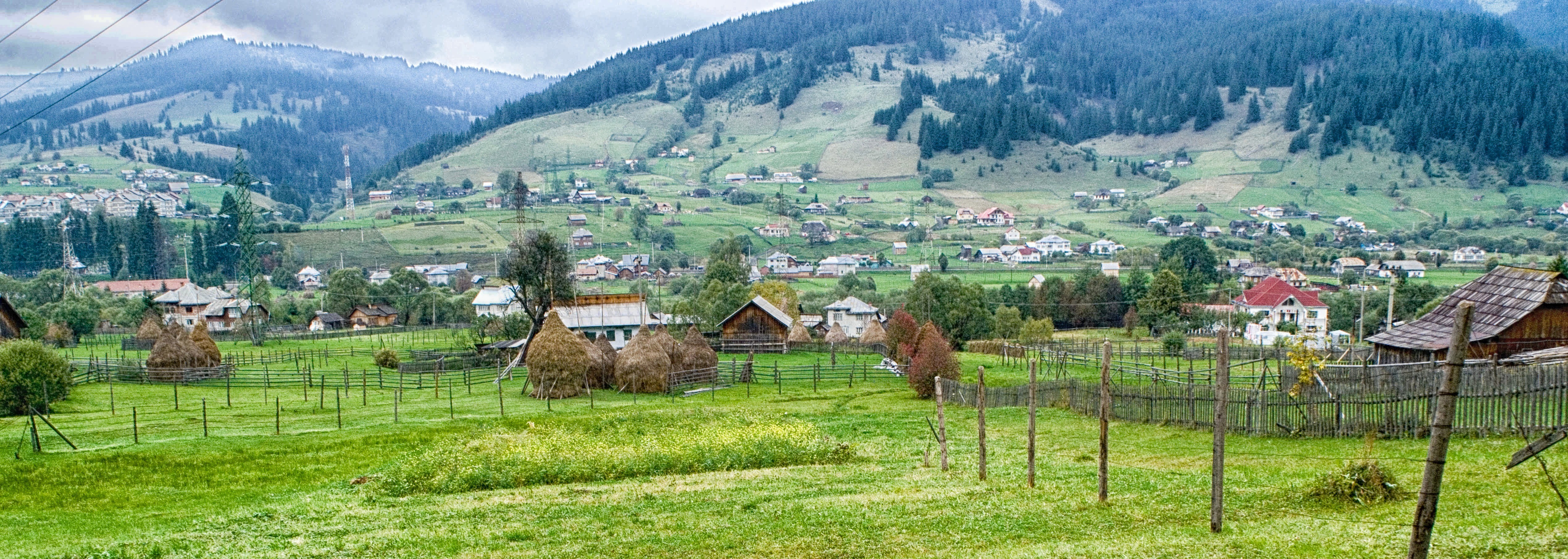The European Commission is expected to publish its communication on the “long-term vision for rural areas” during the first semester 2021. The long-term vision for rural areas is coordinated by Vice-President Dubravka Šuica, European Commissioner for Democracy & Demography. Janusz Wojciechowski, EU Commissioner for Agriculture, and Elisa Ferreira, Commissioner for Cohesion and Reforms will also collaborate to develop the vision. A public consultation is expected to open in September 2020.
Euromontana recently met with a member of Dubravka Šuica’s cabinet to discuss the development of this vision and share its expertise on the needs of mountain territories.
If Euromontana welcomes this prospective vision for rural areas, it remains crucial to make sure that the developed vision takes into account the diversity of situations in rural, remote, sparsely populated and mountain areas and contributes to the quality of life of mountain populations.
Euromontana is in the process of formulating a long-term vision for our mountain areas to prepare our next European Mountain Convention on “Smart mountains”. The preparation of this event will feed our analysis on how to develop models of sustainable and integrated development, notably through the tools for the 2021-2027 programming period but also beyond, laying the foundations for a long-term strategy for smart mountains by 2050. It is through this approach that the mountains of tomorrow will be able to provide effective solutions in terms of mobility, jobs, the environment and also sustainable tourism and agriculture.
Euromontana therefore shared with the cabinet of Šuica its first recommendations for a long-term vision embracing all necessary dimensions for a placed-based and sustainable territorial development in mountain regions. It notably includes:
- Reinforced implementation of Cohesion Policy tools in mountain areas, with a placed-based approach and better communication to potential beneficiaries on the available tools and funds.
- Smarter governance between EU policies, for instance with a simplification of Structural and Investments Funds, a real rural proofing of European policies and an ambitious European rural agenda in respect of article 174 TFEU, as requested by the Committee of the Regions and the European Parliament.
- Enhanced innovation, including digital and social, with ring-fenced funds for initiatives such as Smart Villages.
- Strengthened attractivity, including among youth and newcomers, thanks to territorial marketing, qualified employment opportunities all year long and cleaner and smarter mobility.
To read our detailed recommendations, please see “Towards a long-term vision of rural areas”.

14 May 2020










